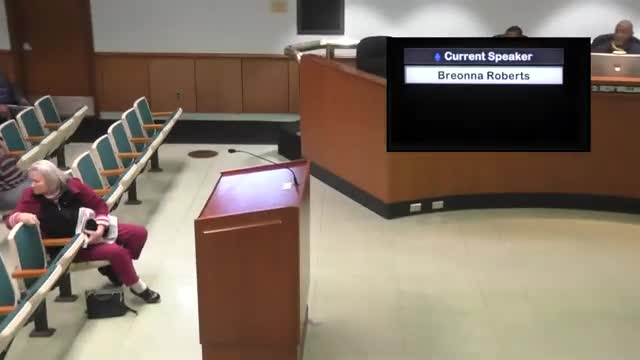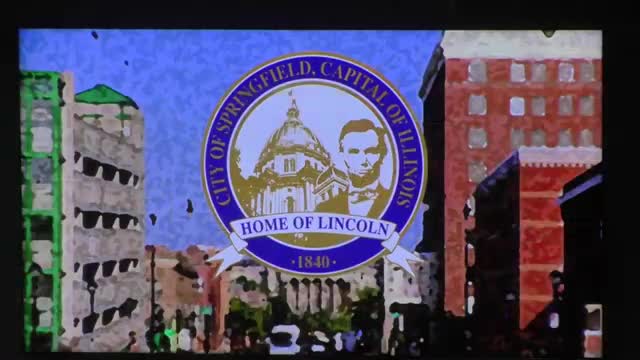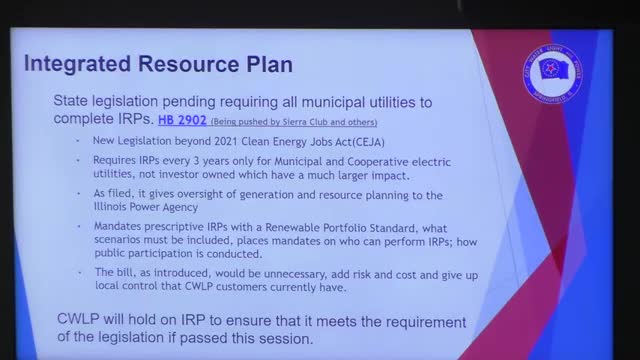Article not found
This article is no longer available. But don't worry—we've gathered other articles that discuss the same topic.

Residents raise censorship, transparency and public‑comment concerns at Committee of the Whole

Committee of the Whole approves consent package including public-works contracts, equipment purchases and appointments

